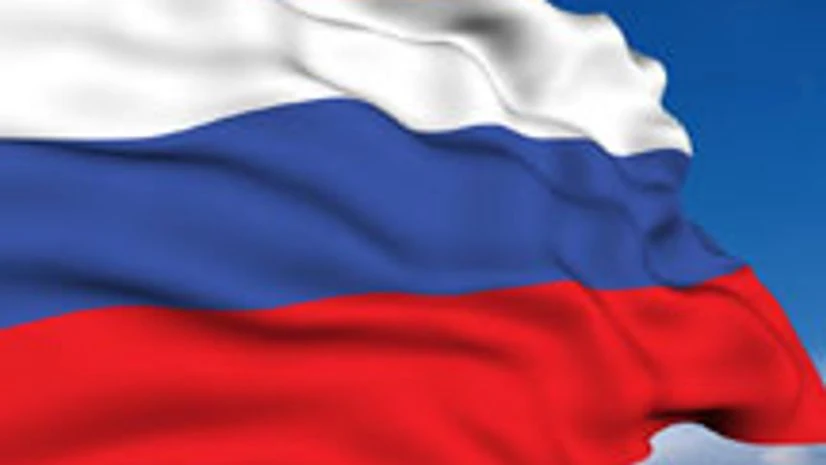Russia has a new enemy: the currency markets. Russia's government is in the middle of an all-out fight to preserve the value of the rouble in the face of plummeting oil prices and Western sanctions over the Ukraine crisis. In the boldest move yet to stanch the bleeding, the Central Bank of Russia announced a stunning interest rate increase in the middle of the night.
Its main deposit rate is now 17 per cent, up from 10.5 per cent when Russian banks closed for business on Monday. The rate increase, one of the largest ever announced by the central bank, echoes the drastic measures taken during the 1998 crisis when Russia defaulted on its debt and devalued the rouble.
The question is whether the move - announced on the central bank's website at 1 am in Russia - will appease the markets. If it doesn't, investors may view the rate increase as a sign of increasing disarray.
Some economists are concerned that Russia is now stuck in the quagmire of stagflation, or high inflation and low growth. The government expects inflation of 10 per cent or more by the end of this year and for the country to fall into a recession next year.
In a worrying sign, Russians have been buying up big-ticket items as the rouble depreciates, converting savings into consumer goods lest their savings become worthless. Appliance stores in Moscow have seen runs on refrigerators, washing machines and televisions.
The strategy behind the rate increase is straightforward. The central bank, led by Elvira Nabiullina, is hoping that the large rate increase will encourage Russian individuals, companies and banks to hold savings in roubles, rather than moving them into dollars. It is also aimed at helping to help keep inflation in check.
"This decision is aimed at limiting substantially increased rouble depreciation risks and inflation risk," the central bank said in its statement.
But the surprise rate increase also underscores the limited options for Russian policy makers. The central bank has spent at least $75 billion this year to prop up the rouble, with little effect.
The rouble has lost nearly half its value since the start of 2014.
Aleksei L Kudrin, a former Russian finance minister who is widely credited with having steered Russia through the 2008 financial crisis by persuading President Vladimir V Putin to strengthen sovereign reserves, said that uneven policy making was adding to the erosion of confidence. "The fall of the rouble and the stock market is not only a reaction to lower oil prices and sanctions, but also distrust in the government's economic measures," Kudrin posted on Twitter.
The central bank is in a difficult position. The hope is that by stabilising the value of the currency, the interest rate increase will reduce the sense of financial panic and rapid outflows of money. Russians have pulled more than $100 billion in capital from the country this year.
But the increase could also choke off growth in a Russian economy already reeling from falling oil prices. Oil and natural gas make up about 60 per cent of Russia's export earnings.
Earlier Monday, the Russian central bank said it expected the country's economy to contract 4.5 per cent in 2015 if oil prices averaged $60 a barrel. Oil is now hovering around that level.
The central bank had been striving to keep rates low to bolster business activity and growth. It shifted to raising rates only last spring after the Ukraine crisis put additional pressure on the rouble. Since then, the central bank has steadily increased rates in relatively small increments. Just last Thursday, it increased rates to 10.5 per cent, from 9.5 per cent.
The dead-of-night action seemed to catch even seasoned market watchers by surprise. Russian news agencies close to the government described it in unusually breathless terms.
Noting the "rapid collapse of the rouble," the Interfax news agency declared that the central bank had gone to "emergency measures, leaving far behind the most radical assumptions of analysts."
Analysts said that the rate increase might be a last-ditch move by the Russian government to try to contain the drop in the currency without adopting controls on the flow of capital or other more extensive measures to keep money in the country.
"If today's measures fail to stem the rouble rout, there is a high probability that policy will veer in a more unorthodox direction," said Alexander Kliment, an analyst at the Eurasia Group, in a research note. "Some top advisers to Putin are openly hostile to rate hikes."
©2014 The New York Times News Service

)
